The Cape Coast Slave Castles in Ghana are some of the most haunting and significant landmarks in West Africa. For centuries, these forts played a key role in the transatlantic slave trade, where millions of Africans were held before being shipped across the Atlantic to the Americas. For Nigerian travelers, visiting the Cape Coast Slave Castles is not just a trip; it’s a deeply emotional journey into African history, resilience, and remembrance.
If you plan to explore these UNESCO World Heritage Sites from Nigeria, this guide provides everything you need: the history, how to get there, costs, what to expect during your visit, and tips for a smooth journey.
A Short History of Cape Coast Slave Castles
The Cape Coast Castle was originally built by the Swedish Africa Company in 1653 for trading timber and gold. By the late 1600s, it had become a central hub for the transatlantic slave trade.
- The Dungeons: Below the castle are dark, suffocating chambers where enslaved men and women were held in horrible conditions for weeks or months before being forced through the famous “Door of No Return.”
- The Door of No Return: This small passage led directly to ships waiting at the shore. Once someone passed through, it signified that they would never return to Africa.
- British Influence: The British later expanded the castle and used it heavily until the slave trade was abolished in the 1800s.
For many Africans and members of the diaspora, standing inside the dungeons of the Cape Coast Slave Castles is a powerful way to connect with history.
Why Nigerians Should Visit
As a Nigerian traveler, visiting Ghana’s Cape Coast Slave Castles is both personal and educational. Many enslaved Africans who came from these castles were from present-day Nigeria. This visit allows you to:
- Learn the untold history of your ancestors.
- Honor the resilience of Africans who faced unimaginable suffering.
- Connect with other Africans and members of the diaspora on similar journeys.
- Reflect on cultural identity and the impact of colonialism.
This trip is more than tourism, it’s a pilgrimage.
How to Get to Cape Coast from Nigeria
Step 1: Traveling from Nigeria to Accra
The first part of your journey is getting to Accra, Ghana’s capital.
1. By Air: Direct flights are available from Lagos (LOS) and Abuja (ABV) to Accra (ACC). Airlines include Air Peace, Africa World Airlines, and Asky Airlines.
- Ticket cost: $250–$400 (₦375,000–₦600,000) round trip depending on the season and booking time.
2. By Road: You can travel by road through Benin and Togo into Ghana. Transport companies like ABC Transport and GUO Motors run Lagos–Accra routes.
- Cost: ₦90,000–₦120,000 one way.
- Time: 10–12 hours (not including border delays).
Step 2: Traveling from Accra to Cape Coast
Cape Coast is about 150 km from Accra, and the journey takes 3–4 hours.
1. By Bus:
- STC Coaches and VIP Jeoun are reliable options.
- Cost: ₦7,500–₦12,000 one way.
2. By Taxi or Uber:
- Private cars are faster but more expensive.
- Cost: ₦37,500–₦60,000 one way.
Visa Requirements for Nigerians Visiting Ghana
The good news: Nigerians do not need a visa to enter Ghana. Thanks to the ECOWAS free movement agreement, you can enter Ghana visa-free with just your ECOWAS passport or valid Nigerian international passport.
You’ll only need:
- A valid passport (minimum of 6 months before expiry).
- A yellow fever vaccination card (mandatory).
- Sufficient funds for your stay.
Entry Fees and Tours at Cape Coast Castle
- Entry Fee: About $7 (₦10,500) per adult for international visitors.
- Tour Guides: The entry fee includes a guided tour. Guides will take you through the dungeons, courtyards, governor’s quarters, and the Door of No Return.
- Duration: 1–2 hours per tour.
For a richer experience, you can also visit Elmina Castle, another major slave trade fortress, just 20 minutes from Cape Coast.
Accommodation in Cape Coast
You can find hotels, guesthouses, and beach resorts in Cape Coast to fit any budget:
1. Budget (₦15,000–₦30,000 per night):
- Samrit Hotel
- Mighty Victory Hotel
2. Mid-range (₦45,000–₦90,000 per night):
- Oasis Beach Resort
- Elmina Bay Resort
3. Luxury (₦150,000+ per night):
- Ridge Royal Hotel
- Coconut Grove Beach Resort
Food and Daily Costs
Ghanaian food is flavorful and similar to Nigerian cuisine.
- Meals at local spots: ₦3,750–₦7,500 ($2.5–$5).
- Restaurant dining: ₦15,000–₦30,000 per meal.
- Street food to try: Waakye, Jollof rice (the Ghanaian version!), and Fufu.
Daily budget estimate:
- Budget traveler: ₦30,000–₦45,000 ($20–$30).
- Comfort traveler: ₦75,000–₦120,000 ($50–$80).
- Luxury traveler: ₦225,000+ ($150+).
What to Expect During Your Visit
- Emotional Impact: The dungeons are small, dark, and suffocating. Many visitors, including Nigerians, break down in tears.
- Cultural Learning: Guides share historical facts along with personal reflections.
- Photography: Allowed in most areas but restricted in certain sacred sections.
- Souvenirs: Local artisans sell crafts, books, and symbolic items like beads and carvings.
Tips for Nigerian Travelers
- Best Time to Visit: November to March (dry season, less rain for traveling).
- Currency Exchange: $1 = ₦1,500 ≈ 15 Ghanaian Cedis (GHS). Exchange at official bureaus, and avoid black market traders at borders.
- Health: A yellow fever vaccination card is required at entry. Malaria prevention is recommended.
- Language: English is widely spoken, but you’ll also hear Twi and Fante in Cape Coast.
Sample 5-Day Itinerary
Day 1: Arrive in Accra, explore Osu Castle, Independence Square.
Day 2: Travel to Cape Coast and check into your hotel. Evening beach relaxation.
Day 3: Visit Cape Coast Castle in the morning and Elmina Castle in the afternoon.
Day 4: Visit Kakum National Park (canopy walkway) and cultural villages.
Day 5: Return to Accra for shopping and your flight back to Nigeria.
Estimated Total Budget for 5 Days
- Flights (round trip Lagos–Accra): ₦375,000–₦600,000
- Transport Accra–Cape Coast: ₦15,000–₦45,000
- Accommodation (4 nights): ₦60,000–₦180,000
- Feeding: ₦45,000–₦90,000
- Castle entry fees: ₦10,500–₦15,000
- Miscellaneous (shopping, tips, souvenirs): ₦37,500–₦75,000
Total: ₦532,500–₦1,000,000 (depending on travel style).
Visiting the Cape Coast Slave Castles in Ghana as a Nigerian traveler is one of the most powerful journeys you can take in West Africa. It goes beyond sightseeing; it’s an opportunity to connect with African history, honor the memory of millions of enslaved ancestors, and reflect on resilience and identity.
With careful planning, budgeting, and the convenience of ECOWAS visa-free travel, this trip is open to any Nigerian traveler seeking both knowledge and meaning in their adventures.


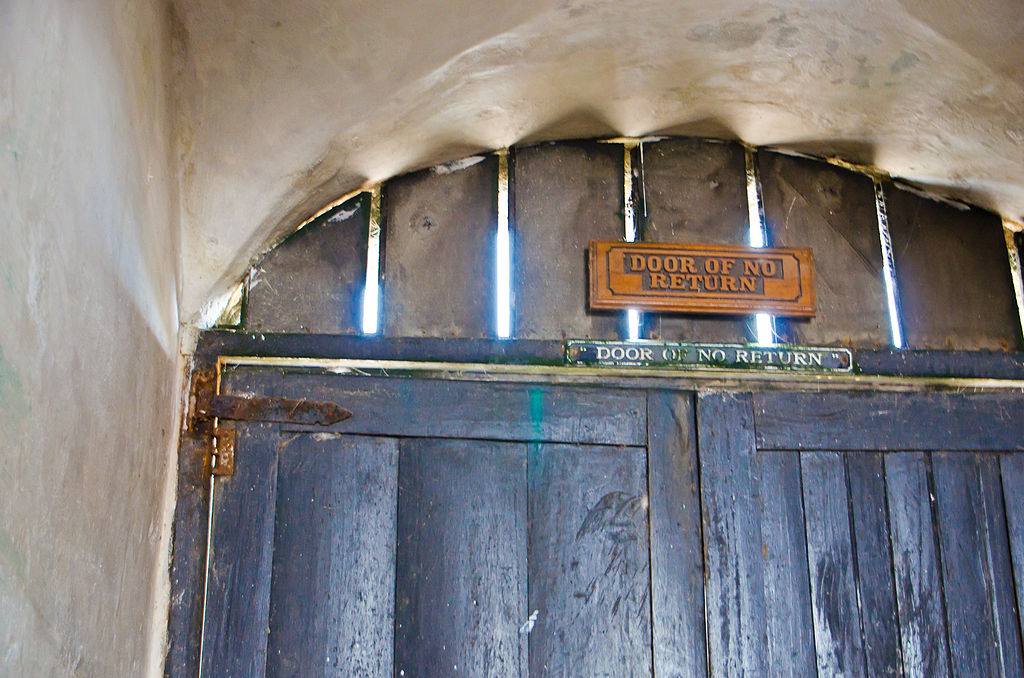
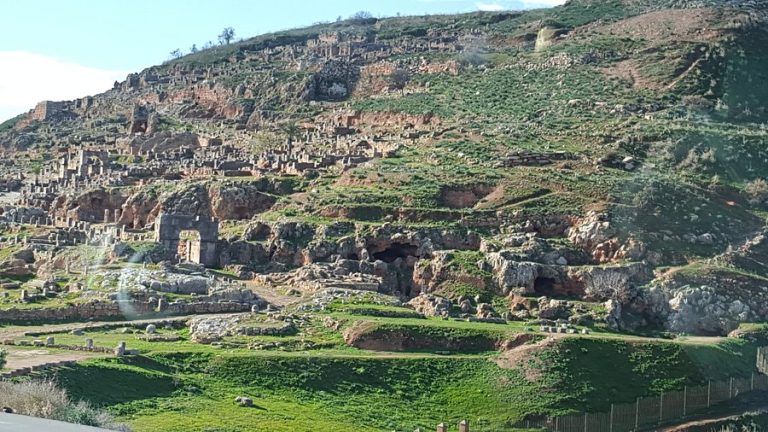
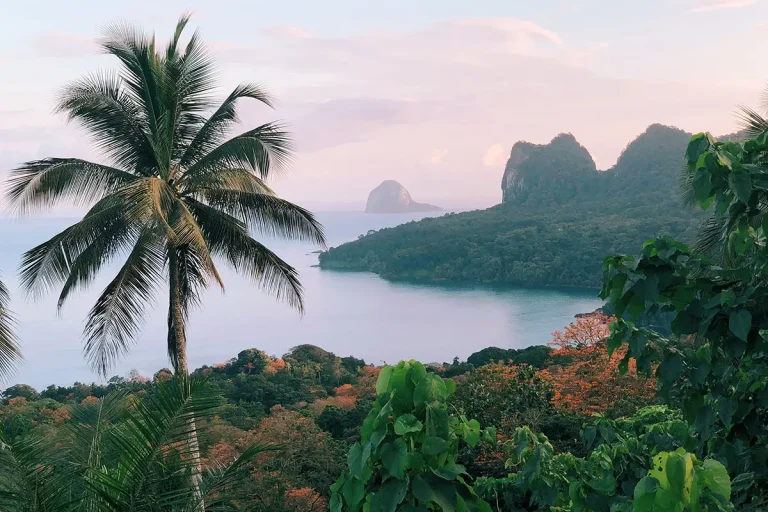
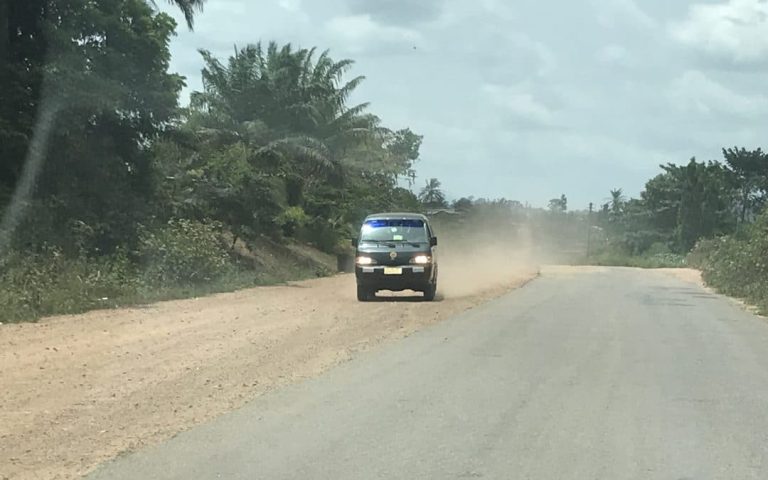
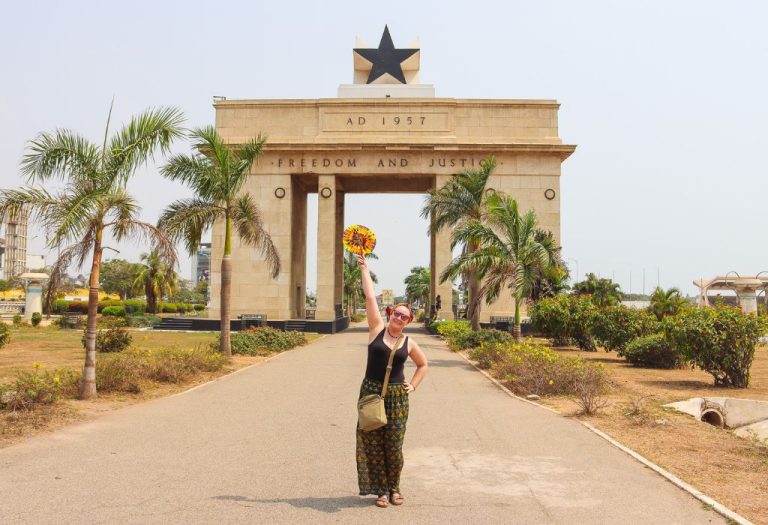
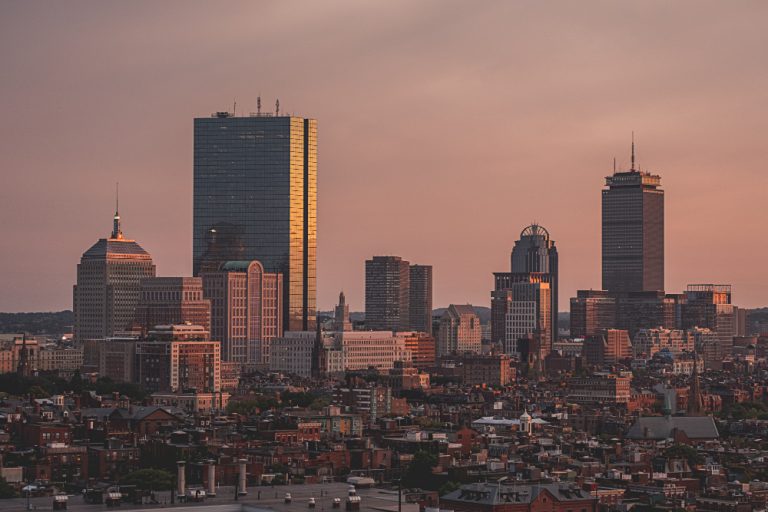
Leave a Comment